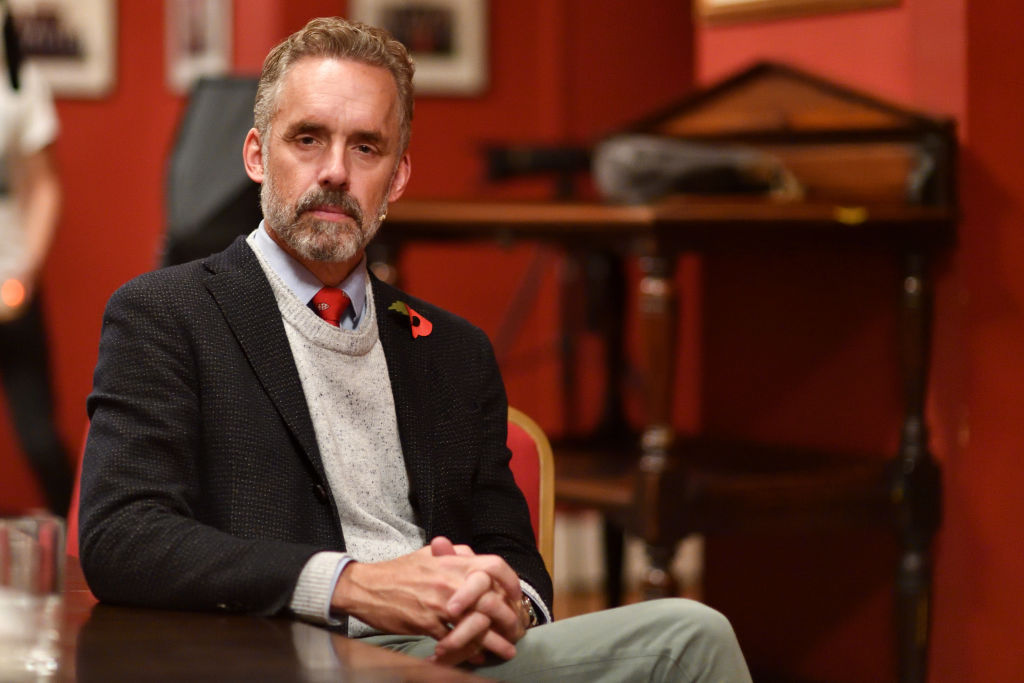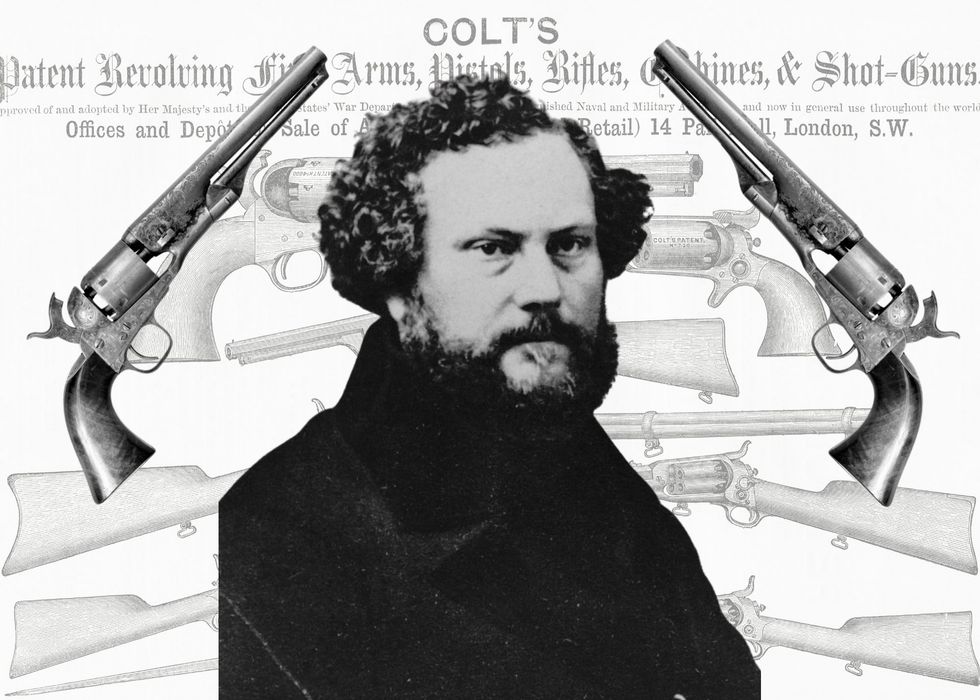Overcoming Fear That Cripples: Peterson Offers A Way Out For Those Suffering From Anxiety
Seated, poised, and intent, Dr. Jordan B. Peterson begins “A Roadmap to Treatment,” the fourth episode of his new series with DailyWire+, asking a pointed question: “What are you afraid of?” Recalling the seven different domains of life he addressed earlier in “Depression & Anxiety,” Peterson encourages viewers to challenge themselves by identifying their self-induced ...

Seated, poised, and intent, Dr. Jordan B. Peterson begins “A Roadmap to Treatment,” the fourth episode of his new series with DailyWire+, asking a pointed question: “What are you afraid of?”
Recalling the seven different domains of life he addressed earlier in “Depression & Anxiety,” Peterson encourages viewers to challenge themselves by identifying their self-induced blockade. “What are you doing wrong that’s stopping you?” he follows. Then, with a slight softening in tone, he says again, “Ask yourself: Why are you so afraid?” He reassures viewers not to be too judgemental or harsh; objective identification is the first step.
Peterson posits examples of fears the viewer might pinpoint. At first glance, these fears might seem offhandedly offered; however, with even a modicum more of examination, his examples come to light through the knowing mind of an experienced clinical psychologist. “I’m afraid that I’m a fool. I’m afraid I can’t learn. I’m afraid no one will want me. I’m afraid of getting rejected. I’m afraid I’ll make a fool of myself in the interview.”
These are common fears, yet they often go unspoken and remain unrecognized. By stating them, calling attention to them, Peterson takes fears that may seem isolating to the viewer and shows them to be universal. There is comfort in knowing these are not exclusive. By naming them, Peterson calls the viewer out of isolation.
WATCH DR. JORDAN B. PETERSON’S SERIES, “DEPRESSION & ANXIETY,” ON DAILYWIRE+
But it is his practical approach through what has perhaps been paralyzing fears that leads viewers to make progress. One massive fear becomes 30 micro problems — and confronting one is achievable. He acknowledges it must be one you could face and are willing to face. “Pick any one you want,” he says. “Make some progress.” This begins the process of progress.
Transitioning from the topic of “what you want,” Peterson moves on to “where you come from.” The purpose of psychotherapy is to define both areas, a process he emulates in this series. Confronting the “terrible things [that] happened to you in the past that you haven’t dealt with that you’re still afraid of” is part of that process. Peterson contends that memories often come back to people as though the memory is making the decision of when it will appear. They are powerful. But shifting the relationship between a person and a memory is possible, a shift he teaches how to induce.
“Rather than the memory grabbing you, you grab the memory. If you do it voluntarily, you’re a different person when you do it.” For those who experience the hold that memories take, such a shift is empowering. The idea of reconstructing a narrative is empowering and purposeful. By walking through your past and developing a vision of the future, reconstruction of narrative becomes possible — and it is possible.
Calling back to the beginning of “Depression & Anxiety” once again, Peterson names the third reason for therapy: assertiveness training. Having first covered depression and anxiety (the preceding two reasons), he explains assertiveness training as a need for people who are often too nice. Again, with straightforwardness, Peterson levels with his viewers, asserting that avoiding conflict and doing everything for everyone else can lead to bitterness and resentfulness.
But such a scenario is not without hope, the hope being cognitive reconstructions. In the example he provides — a wife who is afraid to talk to her husband — Peterson explains how to put forward a concern and negotiate a need. Knowingly, he recognizes nuanced problems — not easily perceived, even by the negotiator — that will stand in the way of a resolution. He counters with an effective strategy, one which requires clarity, vulnerability, and articulation. Though potentially daunting, Peterson presents this as possible and obtainable. With each hurdle, he provides imminent hope.
In the latter portion of this episode, Peterson establishes and describes the rewards that come from self-reflective, proactive progress made in one’s life. Alongside those rewards, he pinpoints even small initiatives that have lasting effects. “When someone around you makes things better, acknowledge that — but do not do it to manipulate. There is nothing about this that is not positive. Do this to yourself too. Pat yourself on the back,” he encourages.
But are the long-term rewards associated with therapy worth the arduous effort required? Peterson leaves viewers with no doubt: Most assuredly, they are. With the most insightful of practical approaches, he heartens viewers’ perspectives and carves a pathway to treatment.
Originally Published at Daily Wire, World Net Daily, or The Blaze
What's Your Reaction?


















![‘[Bleeping] insanity’: Watch Joe Rogan unload on Biden, Zelensky, and Deep State as fears of World War lll grow](https://www.wnd.com/wp-content/uploads/2024/11/joe-rogan-20241122-jpg.jpg)













































































